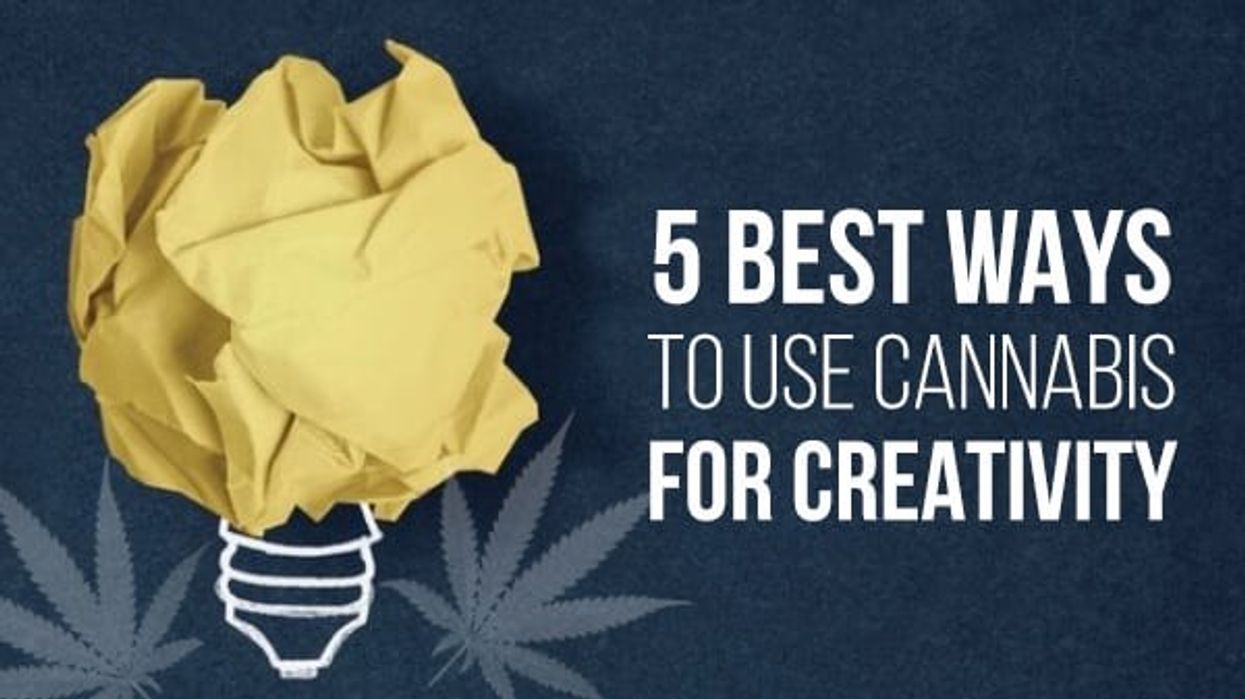New York's fledgling cannabis industry, born from the promise of equity and economic prosperity, finds itself embroiled in controversy. Allegations of hostility and retaliation have surfaced against the Office of Cannabis Management (OCM), the regulatory body overseeing the state's legal marijuana market. Stakeholders within the industry are speaking out, accusing the OCM of using enforcement powers to silence dissent and punish those who criticize its handling of the market rollout.
The concerns about the OCM's conduct have been brewing for over a year, but recent events have brought them to the forefront. Industry insiders, including business owners and entrepreneurs like Ruben Lindo of Blak Mar Farms, express fear of reprisal if they speak out against perceived injustices. They cite instances of selective enforcement and a culture of intimidation within the agency.
The Jenny Argie Case:
Jenny Argie, a cancer survivor and licensed cannabis processor, found herself at the center of this controversy. Despite her efforts to comply with regulations and contribute positively to the market, she faced scrutiny and retaliation after speaking out about illicit practices within the industry. Her public statements and leaks of internal conversations led to her products being recalled, raising questions about the OCM's priorities and motives.

The OCM maintains that its actions are in line with state regulations and necessary to uphold public health and safety standards. However, critics argue that the agency's enforcement efforts appear arbitrary and disproportionate, targeting small operators like Argie while overlooking more egregious violations by larger players.
Argie's case is not an isolated incident but rather part of a pattern of alleged retaliation and intimidation by the OCM. Other industry stakeholders, including cultivators and lobbyists, have reported similar experiences of harassment and fear of retribution for speaking out against perceived injustices.
According to an article in NY Cannabis Insider, in early February, Joe Rossi, the cannabis practice group leader at lobbying and consulting firm Park Strategies –– which represents a number of cannabis businesses –– criticized the OCM on Twitter for its lag in licensing.
Fagon, the chief equity officer, took a screenshot of the tweet and posted it on his personal Instagram with the comment: “Please stop twisting yourself in knots so publicly because you don’t understand the industry.”
In a bold move, Argie has taken legal action against the OCM, challenging the agency's conduct and seeking relief from what she views as retaliatory measures. Her lawsuit shines a light on the power dynamics at play within New York's cannabis industry and raises fundamental questions about accountability and transparency.
Argie's case has sparked broader calls for accountability within the OCM and the Cannabis Control Board. Industry advocates and lawmakers are urging independent audits and investigations to ensure that regulatory agencies are fulfilling their mandates fairly and impartially.
As the legal battle between Argie and the OCM unfolds, the cannabis industry in New York stands at a crossroads. The outcome of this case could have far-reaching implications for the future of regulation and governance in the state's burgeoning market. It underscores the importance of vigilance and accountability in safeguarding the integrity of the cannabis industry and protecting the rights of all stakeholders involved.







 When it comes to pricing, cultivation methods matter - The Bluntness
Photo by
When it comes to pricing, cultivation methods matter - The Bluntness
Photo by 









 The mix of in-state and out of state brands at a legal NY dispensary
The mix of in-state and out of state brands at a legal NY dispensary